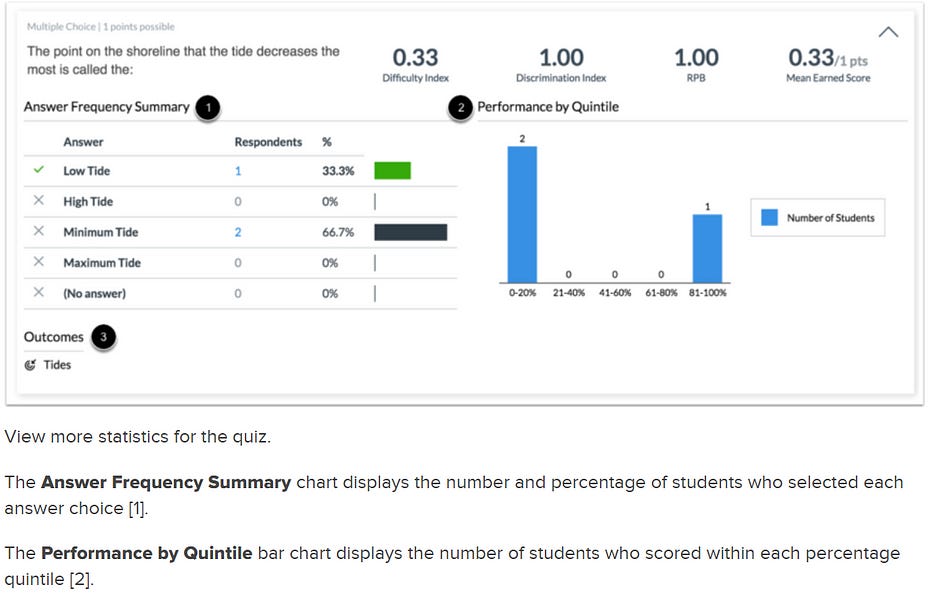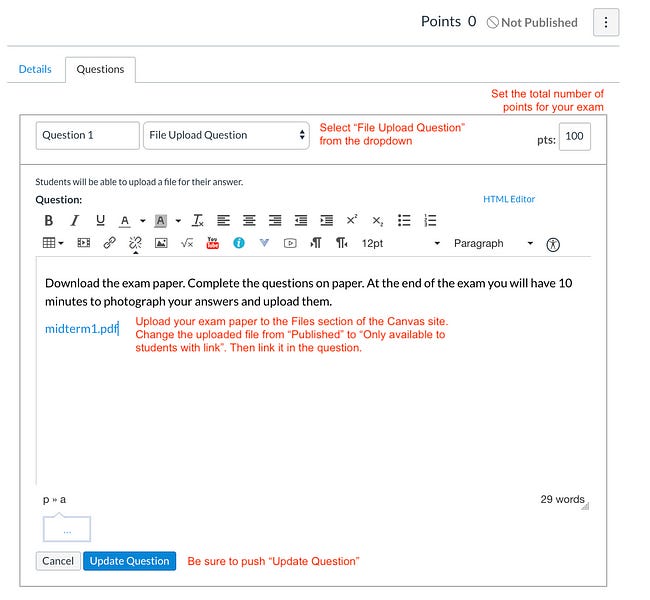How AI Proctors Detect Cheating During Online Exams
What Does AI do?

Did you know that Artificial Intelligence has been introduced in online exams for nearly 10 years now? In the initial stages of when AI has been implemented, it was basic and straightforward, similar to an in-person proctor; it served as a cheating deterrent. The subsequent versions are incorporated with many features as the rapid shift to online learning due to the pandemic has become a primary concern to educators regarding online cheating.
When there are a huge number of students taking part in an exam and there are very few proctors, it’s practically impossible for the proctors to handle all those students and to determine if there is anyone cheating. That’s when automated online proctoring is extremely useful, and can simultaneously monitor hundreds of students taking the exam at a time making the lecturers and proctors burden-free.
How Does an AI work?
How does the software tell us that someone is cheating, well they are all proprietary algorithms and we can’t discuss them, but there are a few strategies that are being used in real-time. Let’s see what those strategies are in detail.
Strategies in Which AI is Used
Artificial-Intelligence powered virtual platforms for online exams are being used highly around the world due to the pandemic. To lessen the workload of human proctors, organizations use many algorithms and train them to overcome exam cheating. The algorithms are being trained either by simple algorithms like pattern matching or with complex algorithms like deep learning for continuous prediction. These algorithms are implemented based on a few strategies like,
1. Identity Verification or Facial Recognition
To verify whether the same person is taking the exam or not by checking their candidate’s identity card or maybe throughout the exam. Here the AI algorithm compares the video footage or photo of the candidate from the record.
2. Voice Recognition
This technology helps in detecting the noises and voices in the background of the candidate. This algorithm basically recognizes a few speech patterns and deduces the differences between the acceptable and unacceptable sounds.
3. Real-Time Monitoring of the Candidate
In case the candidate tries to communicate with his or her eyes or tries to copy by moving his or her eyes, the AI detects it as a malfunctioning activity by the candidate. It disables the copy-pasting option so that the candidate can’t copy something from outside of the exam screen. Provides feedback to both proctor and candidate along with the outcome of alert if the algorithm detects any suspicious behaviour. These algorithms are also trained to detect unknown objects and gadgets if the candidates are trying to access them.
4. Evaluate Answer Sheets
Many countries are trying to implement this technology in their organizations as it reduces the burden of evaluating the answer sheets with the help of manpower as it is a time taking process. There are many tools available in the market that can even detect the candidate’s handwriting.
Can Students Cheat During Online Exams?
Well, you are not the only one who has this doubt, this is the most asked question by our clients. Though there are a few downsides with the AI-based proctored solutions, we must assure you that our MonitorExam AI-based proctored solution most likely makes the cheating impossible as they cannot go past the proctoring framework. We provide continuous monitoring of the exam and a statistics record of the entire exam for your review.




